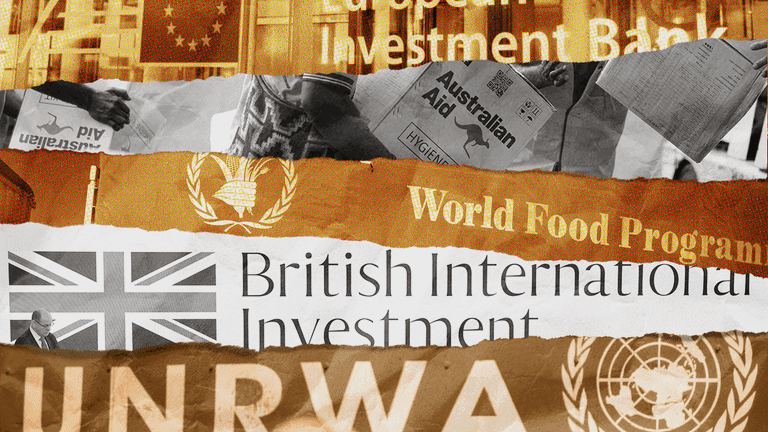
Previous research suggested that up to 40 percent of fertile land worldwide is degraded. That has implications on global food security and economic development.
A global study is now in the works that determine exactly the economic impact of land degradation, providing aid groups with tools to carry out economic analysis of sustainable land management. The interim report is due out soon, Mark Schauer, coordinator the Economics of Land Degradation, told Devex.
Through the upcoming interim report, ELD will communicate “the values of sustainable land management and creates awareness about the value of preventing the loss of natural capital, preserving ecosystem services and combating climate change, which are closely linked with development targets like food, energy and water security,” said Schauer.
In this exclusive interview, Schauer clarifies the aims of ELD and how the private sector and development community help address the problem of land degradation.
Briefly, tell me about the Economics of Land Degradation initiative.
The initiative aims to make economics of land degradation an integral part of policy strategies and decision-making by increasing the political and public awareness of the costs and benefits of land and land-based ecosystems. It highlights the value of sustainable land management and aims to provide a universal approach for analysis of the economics of land degradation.
It is based on a strong network of experts and partner institutions, such as the European Commission and the UNCCD, research institutions, as well as national governments, including Germany and the Republic of Korea.
How can the development community address the challenges of land degradation?
Development communities should enforce their vital role in policy change by bringing together governments and communities to work together to attain solutions for addressing land degradation. They should highlight on the benefits of greater investment in sustainable agriculture and land management and ELD can provide the necessary economic arguments for such processes.
How can the private sector help?
The private sector contains the main stakeholders which make direct or indirect use of and have the largest impact on land production services. Scientists estimate the costs of global soil loss to be up to 400 billion US dollars per year. This loss is also a loss for enterprises of the private sector and serves as an indicator for a massive market failure.
ELD partners from the private sector provide a business perspective on necessary requirements. This cooperation will enable the ELD Initiative to identify business investment opportunities and incentives linked to the preservation and sustainable management of land services, and furthermore promote new tools for measuring and reporting the impacts of business enterprises.
Want to know more? Check out Land Matters, a new campaign to showcase innovative solutions in the areas of food security, economic development, conservation and more.




